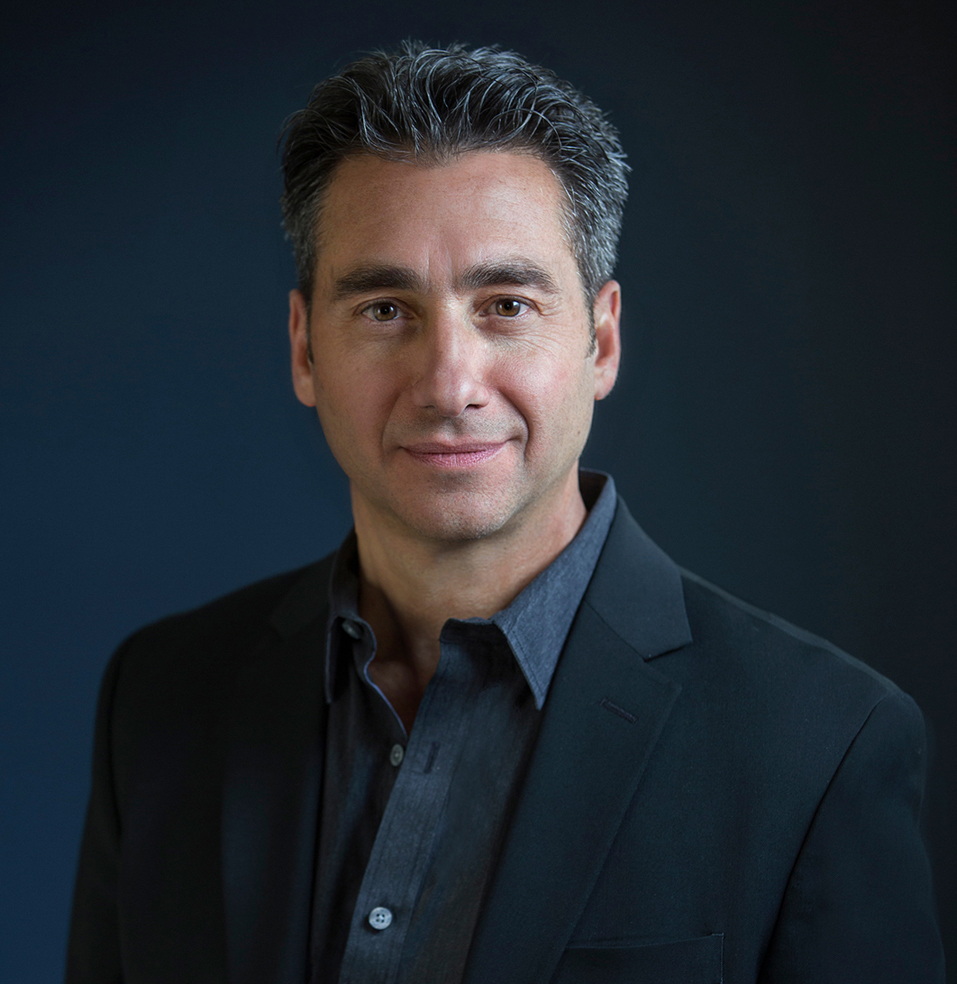 The concept of mentoring has been gaining greater favor in the corporate world over the past several years, but it also has a significant resonance in the real world. This is especially poignant among at-risk youth who often have no adult figures that can help them in a meaningful manner.
The concept of mentoring has been gaining greater favor in the corporate world over the past several years, but it also has a significant resonance in the real world. This is especially poignant among at-risk youth who often have no adult figures that can help them in a meaningful manner.
In this edition of Suite Talk, Business Journal Senior Enterprise Editor Phil Hall speaks with Paul Muratore, founder of the Dobbs Ferry-based Connections Mentoring, on how his organization is helping young people in need through the input of older and wiser mentors.
What is Connections Mentoring and how did it come about?
“We have a simple message, but our work is complicated. We basically provide mentors to young people between the ages of 15 and 25 who are trying to lead independent lives and come from both the juvenile justice systems and the child welfare systems. We”™re celebrating our fifth year and have had about 100 young people come through the program.”
What inspired you to launch this endeavor?
“I had a fun career for about 30 to 35 years in media entertainment, production and advertising, and I was semiretired about five years ago. When I started the second half of my life, I said, ”˜How can I help more people more effectively?”™
“I had been mentoring teens from the Children”™s Village in Dobbs Ferry for about 30 years and saw the change in society demographics. When I started Connections, we were privately funded ”” we”™re a program at the Children”™s Village, but currently we are a separate standalone operation.”
What makes a successful mentor?
“Mentors are really rock stars ”” they”™re people of character. What we do is we try to start that relationship on a successful footing through the recruiting of the mentors and finding out more about them. And we recruit the young people, as well. We try to make a match with both their sensibilities and personalities. We have some young people who are struggling with their identity and things like that, so they want a mentor who has gone through a similar process.
“Our mentors range in age from 25 to, I think, our oldest who is now is 78 ”” he is a retired ophthalmologist.”
And who are the young people being mentored?
“We serve kids in the five boroughs of New York City and Westchester County who are currently being served in some way, shape or form by a social worker or parole officer. They may be in a residential treatment setting or a group home. They need to have current or previous contact with child welfare ”” foster care, juvenile justice, preventive care ”” and they”™re looking to have expressed interest in having a positive adult relationship in their life.”
Are these boys and girls who are being mentored?
“Boys and girls, teens and young adults. My experience has been with teen boys ”” that”™s where we started because I did what I knew. Then we grew to young men and I hired my executive director who has 12 years of real experience in the field.
“As we grew, we started working with teen girls and now young women and single parents as well. Our approach has been very measured.”
What does the mentoring process encompass?
“I like to say it”™s about doing life together ”” and given where the kids are, a lot of times there are activities. But this is not about activity ”” it”™s about a meaningful, caring relationship, and our objective is to have the young person have a stronger sense of self-worth and self-respect.
“We have very formal and specific training for the mentors. The first three months or so in their relationship, they”™re getting to know one another and establish some level of authenticity and trust. Currently, with Covid, the metrics have been wildly creative in terms of activities. But really, it”™s having a conversation with the young person and having them open up and share with you their dream or things that they”™d like to pursue. We let the kid direct that the activities, if you will, as much as possible.
“I feel that the biggest impact the mentors have is when the kids fail. Our kids have experienced significant trauma in their life, and so they”™re not accustomed many times to success. When they fail, sometimes those failures feel larger or more profound than they may be for somebody like ourselves, so it”™s great when the mentors are there to have that conversation and help them recover more quickly, with less collateral damage.”
Where do you get your mentors from?
“We recruit online. We are connected with Volunteer New York! ”” they are a huge New York-based organization that impacts 10,000 lives a year. For one-on-one, mentoring-type relationships we screen all of the candidates and take the ones that are appropriate for connections and then refer anybody else who doesn”™t fit our profile to Children”™s Village.
“We currently are looking for people of color as mentors. The kids are asking for it because they feel that if there”™s more of a similarity in terms of their background, they can relate better to certain things.”
How is your organization coping with the economic tumult created during the pandemic?
“We”™ve been looking for creative ways to continue fundraising because our biggest problem right now is that we don”™t have enough money to reach all the kids we want to. We have 20 kids right now who are waiting for mentors and we have about a $50,000 shortfall for our fiscal year ending June 10.”





















